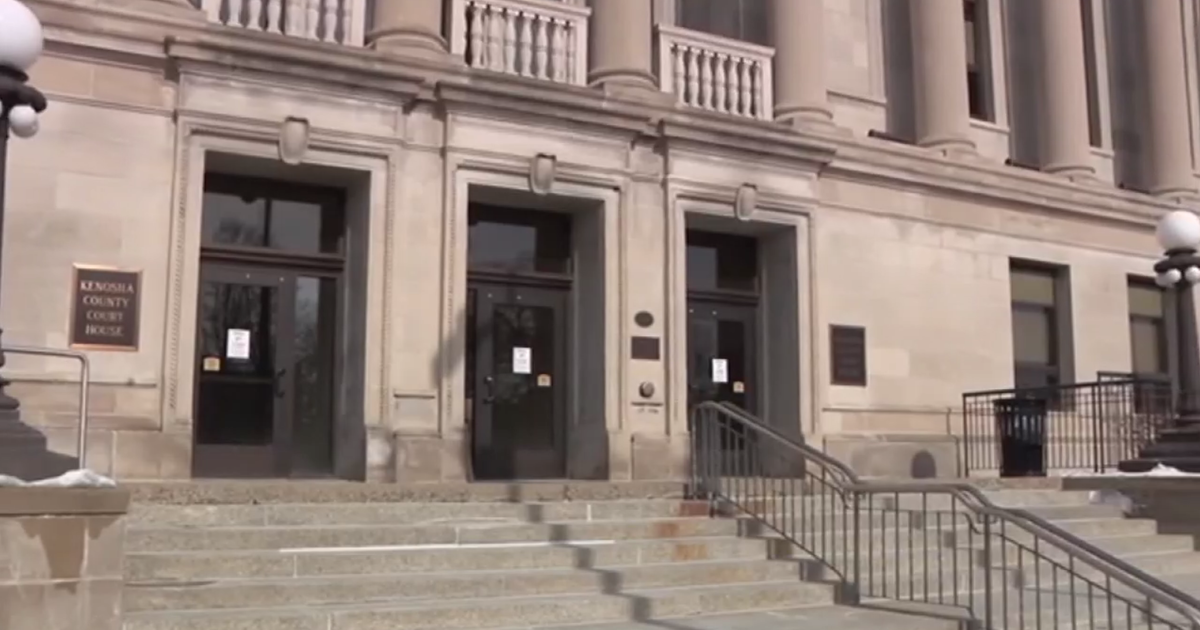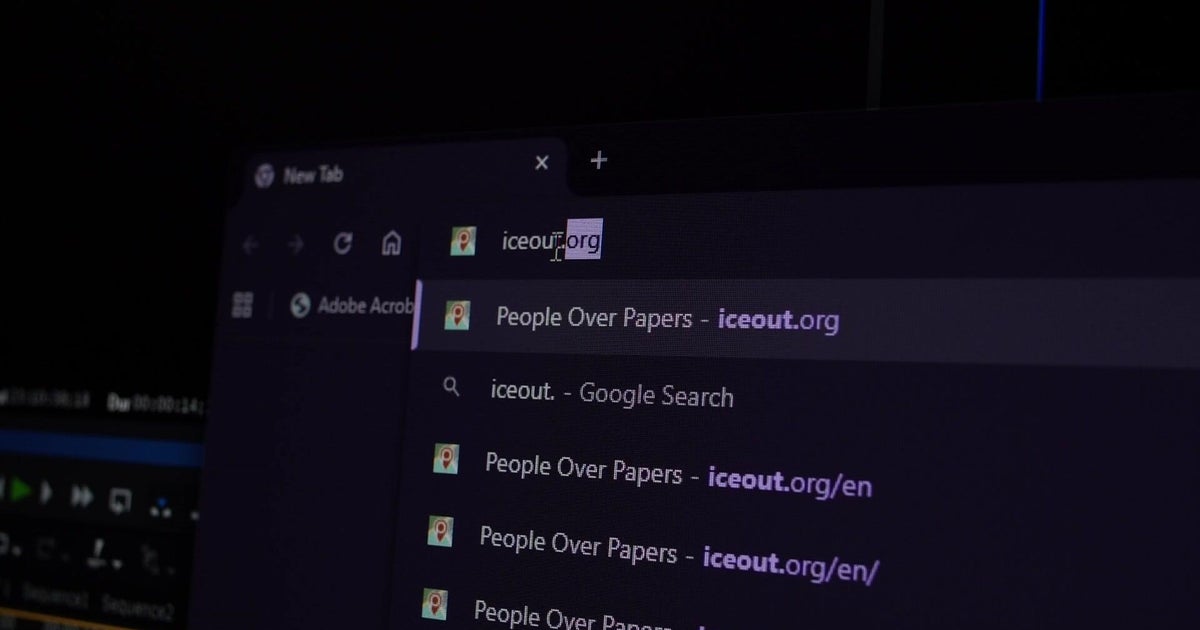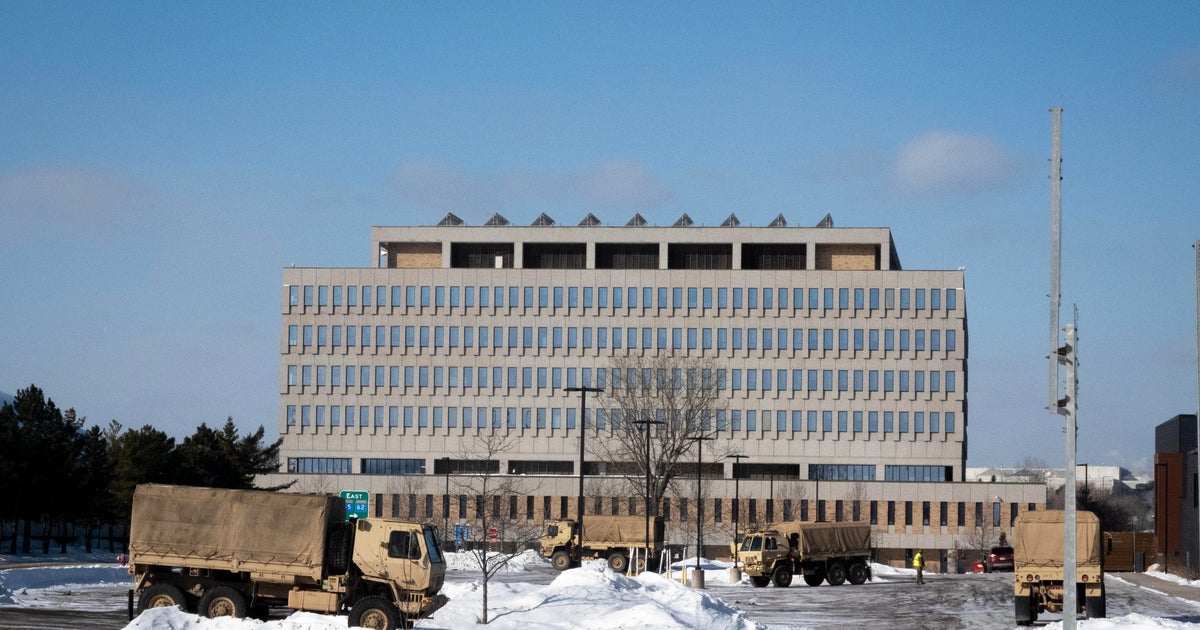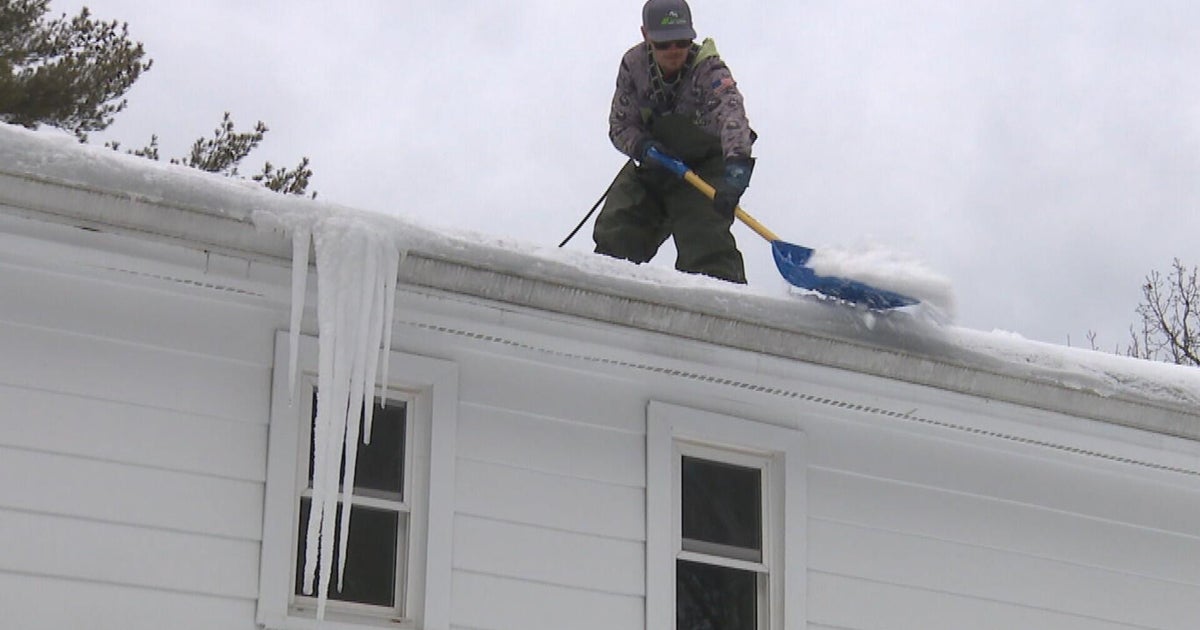Pentagon Scrambles To Assess Wikileaks Damage

The U.S. Defense Department said Monday it was trying to assess the damage caused by the leak of some 91,000 classified documents on the Afghanistan war.
The documents are described as battlefield reports compiled by various military units that provide an unvarnished look at combat in the past six years, including U.S. frustration over reports Pakistan secretly aided insurgents and civilian casualties at the hand of U.S. troops.
WikiLeaks.org, a self-described whistleblower organization, posted 76,000 of the reports to its website Sunday night. The group said it is vetting another 15,000 documents for future release.
Col. Dave Lapan, a Defense Department spokesman, said the military would probably need "days, if not weeks" to review all the documents and determine "the potential damage to the lives of our service members and coalition partners."
The White House says it didn't try to stop news organizations who had access to secret U.S. military documents from publishing reports about the leaks. However, White House spokesman Robert Gibbs said it did ask WikiLeaks — through reporters who were given advanced copies of the documents — to redact information in the documents that could harm U.S. military personnel.
It was not clear whether WikiLeaks decision to withhold 15,000 of its files was related.
The Pentagon declined to respond to specifics detailed in the documents, including reports of the Taliban's use of heat-seeking anti-aircraft missiles.
"Just because they are posted on the Internet, doesn't make them unclassified," Lapan said.
The Pentagon says it is still investigating the source of the documents. The military has detained Bradley Manning, a former Army intelligence analyst in Baghdad, for allegedly transmitting classified information. But the latest documents could have come from anyone with a secret-level clearance, Lapan said.
The White House, Britain and Pakistan have all condemned the online whistle-blowing group's release Sunday of the classified documents, one of the largest unauthorized disclosures in military history. The Afghan government in Kabul said it was "shocked" at the release but insisted most of the information was not new.
WikiLeaks founder Julian Assange said he wasn't surprised by the White House's condemnation of the leak. He said the U.S. government, like other scrutinized subjects, seeks to "criticize the messenger to detract from the power of the message."
He also rejected the notion that the leak would pose a security risk for the United States, saying that the material is more than seven months old and had no "operational consequence."
WikiLeaks is certainly an important part of the story - and is without question an organization with an agenda, CBS News' Brian Montopoli writes at Political Hotsheet. (Just consider the fact that the group named an explosive video it previously leaked showing the actions of a U.S. Army Apache helicopter in Baghdad "Collateral Murder.") But that fact does not change that the military records appear to be legitimate raw intelligence. While not everything in them is necessarily completely true - the sources include paid informants and Afghan intelligence officials with their own agenda - they do reflect what is being seen and heard by those actually fighting the war.
White House Press Secretary Robert Gibbs was pressed at an afternoon press briefing about whether the government was trying to shift the focus from the content of the documents by criticizing WikiLeaks.
In response, he called Assange "somebody that clearly has an agenda" and said of WikiLeaks: "Nobody in this government was afforded the opportunity to see what they do or don't have."
The revelations about frequent, concealed and needles civilian deaths came Monday as Afghanistan president Hamid Karzai said a NATO rocket attack killed 52 civilians in the south of the country on Friday.
Karzai said the Afghan intelligence service determined that a NATO rocket hit Regi village in Helmand province's Sangin district. The dead included women and children. Karzai condemned the attack.
Assange promised Monday that the release of documents -one of the largest unauthorized disclosures in military history - was just the beginning.
Assange told reporters in London that some 15,000 more files on Afghanistan were still being vetted by his organization.
He said he believed that "thousands" of U.S. attacks in Afghanistan could be investigated for evidence of war crimes, although he acknowledged that such claims would have to be tested in court.
Assange pointed in particular to a deadly missile strike ordered by Taskforce 373, a unit allegedly charged with hunting down and killing senior Taliban targets. He said there was also evidence of cover-ups when civilians were killed, including what he called a suspiciously high number of casualties that U.S. forces attributed to ricochet wounds.
The Defense Department declined to respond to specifics contained in the documents, citing security reasons.
But Lapan said that coalition forces have made great strides in reducing the number of civilian deaths in Afghanistan.
White House national security adviser Gen. Jim Jones said the release of the documents "put the lives of Americans and our partners at risk," while Pakistan dismissed the documents as malicious and unsubstantiated.
Pakistan Ambassador Husain Haqqani said the documents "do not reflect the current on-ground realities," in which his country and Washington are "jointly endeavoring to defeat al Qaeda and its Taliban allies."
"The people of Pakistan and its security forces, including the ISI, have rendered enormous sacrifices against militancy and terrorism," the ministry wrote.
NATO refused to comment on the leak, but individual nations said they hoped it wouldn't harm current operations in Afghanistan.
British Foreign Secretary William Hague said there has been significant progress recently in building up the Afghan state "so I hope any such leaks will not poison that atmosphere."
German Foreign Minister Guido Westerwelle warned about possible "backlashes" and urged all sides in Afghanistan to work toward national reconciliation.
Rep. Ike Skelton, chairman of the House Armed Services Committee, said the documents reflect his view that U.S. war strategy was adrift last year, before President Barack Obama's decision to retool the war plan and add tens of thousands of U.S. forces.
Skelton, a Democrat, warned Monday that the documents are outdated and "should not be used as a measure of success or a determining factor in our continued mission there."
U.S. government agencies have been bracing for the deluge of classified documents since the leak of helicopter cockpit video of a 2007 firefight in Baghdad. In the video, a helicopter gunner repeatedly asks permission to open fire on a group of people standing in the square and is told to "light 'em all up" and then to "keep shootin'." The shooter guns down two Reuters journalists and later opens fire on a van that came to assist the wounded and dead, wounding two children.
A voice on the radio repeatedly says "nice" after the shooting.
That release was blamed on a U.S. Army intelligence analyst, Spc. Bradley Manning, 22, of Potomac, Md. He was charged with releasing classified information earlier this month. Manning had bragged online that he downloaded 260,000 classified U.S. cables and transmitted them to WikiLeaks.org.
Manning had bragged online that he downloaded 260,000 classified U.S. cables and transmitted them to WikiLeaks.org.
U.S. officials have publicly declared that they have tried to hunt down Assange.
Assange on Monday compared the impact of the released material to the opening of East Germany's secret police files. "This is the equivalent of opening the Stasi archives," he said.
He also said his group had many more documents on other subjects, including files on countries from across the globe.
"We have built up an enormous backlog of whistleblower disclosures," he said.
Assange said he believed more whistle-blowing material will flood in after the publicity about the Afghan files.
"It is our experience that courage is contagious," he said.
© MMX, CBS Interactive Inc. All Rights Reserved. This material may not be published, broadcast, rewritten, or redistributed. The Associated Press contributed to this report.







